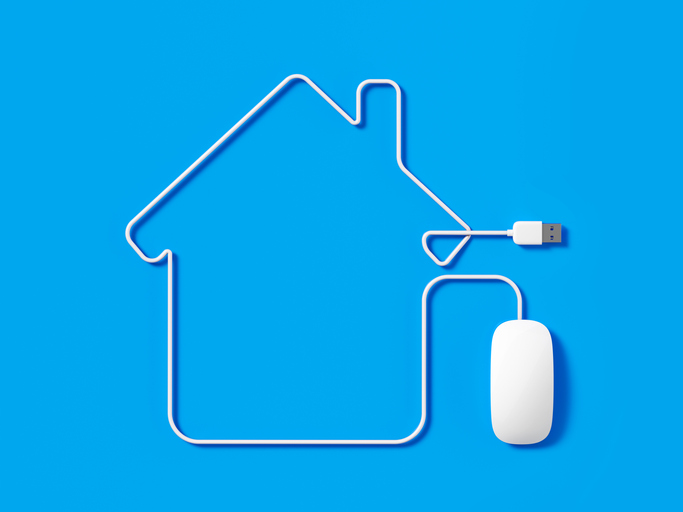Effective property asset management is crucial for maximizing returns, minimizing risks, and ensuring the long-term value of real estate investments. Whether you own residential, commercial, or mixed-use properties, optimizing asset management practices can significantly impact your bottom line. In this article, we’ll explore key strategies to enhance property asset management and achieve sustainable success in the real estate market.
- Embrace Technology:
In the modern era, technology plays a pivotal role in streamlining property asset management processes. Utilize property management software that offers features such as automated rent collection, maintenance tracking, and financial reporting. Cloud-based platforms provide real-time access to data, allowing property managers to make informed decisions promptly. Integration of Internet of Things (IoT) devices, such as smart sensors for monitoring energy consumption and security, can further enhance efficiency.
- Data-Driven Decision Making:
Harness the power of data analytics to gain valuable insights into property performance and market trends. By analyzing historical data, property managers can make informed decisions about rent adjustments, maintenance schedules, and capital improvements. Predictive analytics can also help anticipate potential issues, enabling proactive measures to be taken to mitigate risks and enhance the property’s overall value.
- Streamlined Communication:
Effective communication is key to successful property asset management. Implementing a centralized communication system ensures that all stakeholders, including tenants, property managers, and maintenance teams, can easily and efficiently exchange information. Regular updates on property-related matters, such as maintenance schedules or upcoming renovations, contribute to tenant satisfaction and can foster a positive landlord-tenant relationship.
- Proactive Maintenance:
Regular and proactive maintenance is essential for preserving the value of a property and preventing costly repairs. Implementing a preventive maintenance program can extend the lifespan of assets, reduce operational disruptions, and enhance the overall tenant experience. By conducting routine inspections and addressing issues promptly, property managers can minimize expenses in the long run.
- Financial Transparency:
Maintain transparent financial practices by providing detailed and easily accessible financial reports to property stakeholders. Clearly outline income, expenses, and return on investment (ROI) metrics. Transparent financial reporting builds trust with investors, fosters accountability, and allows for strategic financial planning.
- Regulatory Compliance:
Keep abreast of local, state, and federal regulations pertaining to real estate management. Compliance with zoning laws, building codes, and tenant rights ensures legal protection and minimizes the risk of fines or legal disputes. Regularly update lease agreements and property management practices to align with current regulations.
Conclusion:
Optimizing property asset management involves a holistic approach that combines technological advancements, data-driven decision-making, proactive maintenance, transparent communication, and compliance with regulations. By embracing these strategies, property managers can enhance efficiency, reduce risks, and maximize returns on real estate investments. In an ever-evolving market, staying adaptable and utilizing innovative solutions will position property owners for long-term success in the dynamic world of real estate.


:max_bytes(150000):strip_icc():focal(674x619:676x621)/Kentucky-Flooding-073022-01-41321117ea5c47f58cdb9fbf6dadde1a.jpg)
